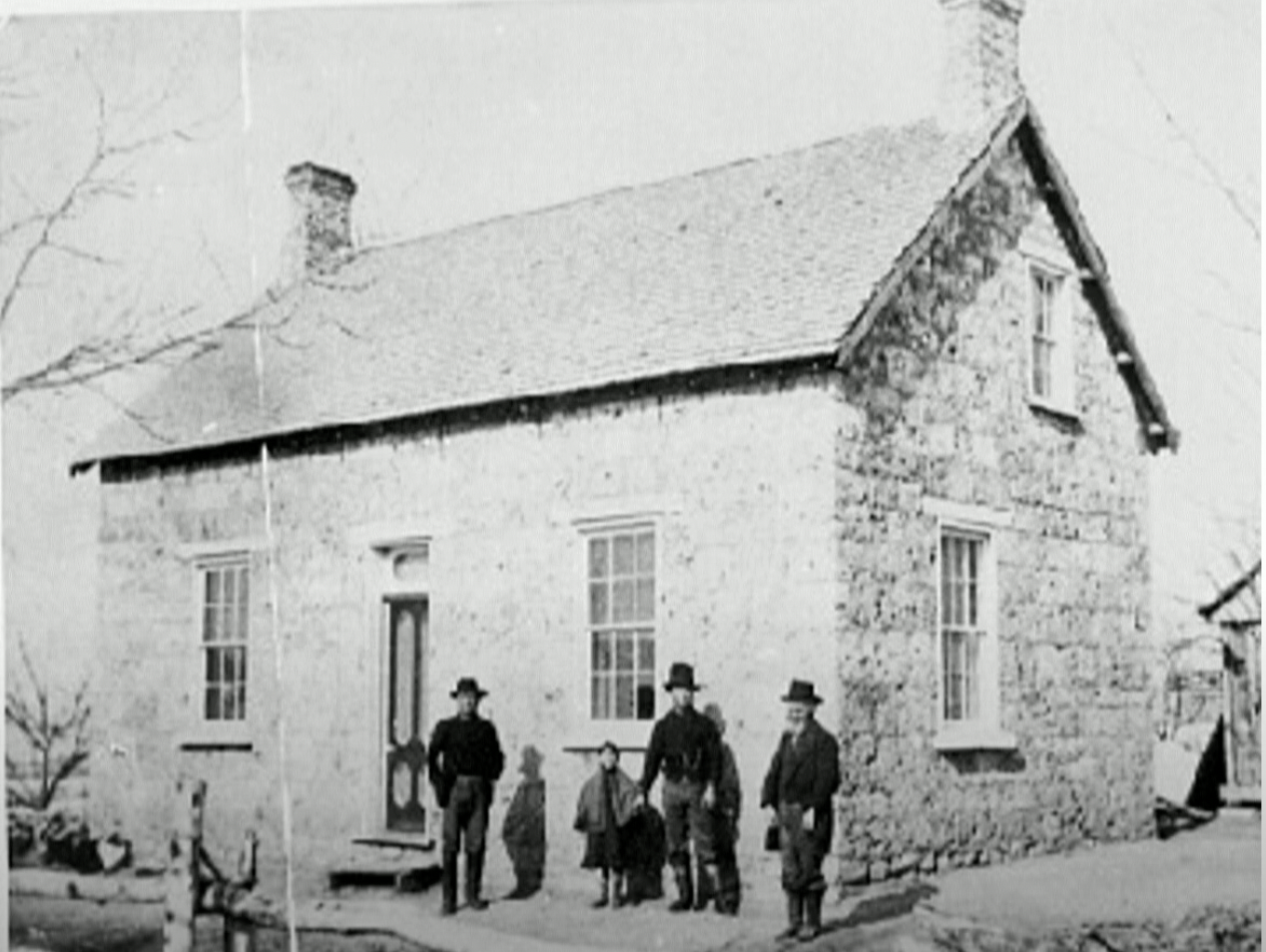BYU professors Julie K. Allen and Sarah Reed and BYU student Becca Driggs presented three lectures on religious Scandinavian women immigrants as part of BYU’s International Education Week and invited students to get involved in genealogical research.
The lecture, titled “LDS Women Converts: Journeys from Scandinavia,” included three presentations, each focused on women from different regions of Scandinavia who emigrated to Utah in the late 19th century.
Allen began by sharing her research on Danish women who converted to The Church of Jesus Christ of Latter-day Saints and emigrated to Utah. Driggs covered Swedish immigration, and Reed discussed Norwegian immigration.
Each speaker mentioned specific Scandinavian women about whom they had learned in their research and how stories from each woman’s lives had inspired them. The presentation covered how Scandinavian converts struggled to adapt to the Word of Wisdom and participate in plural marriage, which was a practice common at the time.
Allen teaches Scandinavian Studies and Comparative Literature at BYU. In her presentation, “Sisters in Zion: Scandinavian Convert-Immigrant Women in Pleasant Grove,” she shared statistics on Utah’s Scandinavian population in the late 19th century and discussed the pressure they felt to assimilate into mainstream American culture.
Allen said it is important to recognize the strength in religious, linguistic and ethnic communities. She shared the story of a woman from Pleasant Grove who relied on a network of neighbors to help her chop wood and plant corn while her husband was gone for a period of time. When her husband returned, she made sure he repaid the families who had helped her.

“This sort of barter economy is so fascinating,” Allen said. “I don’t think we’ve seen much written about that in historical sources.”
Reed is an assistant professor of history. In her presentation, “As many rare flowers as you can bring: Anna Widtsoe’s Mormon Norwegian Immigration Letters,” she discussed the effect of including personal letters in the study of historical events.
Driggs is a Kennedy Center student research fellow pursuing a bachelor’s in history and a minor in Global Women’s Studies. Her presentation, “From Fjords to Fields: the Journeys of Early Swedish Mormon Settlers,” focused on how Swedish women who immigrated to Utah faced polygamy and the Word of Wisdom. She emphasized the importance of understanding the religious past of our communities.
Driggs shared that she first began researching Scandinavian women as part of Allen’s research team, which is compiling a searchable database of Scandinavian women who converted to the Church between 1850 and 1920. She decided to apply for a Kennedy Research Fellowship so she could delve deeper into the lives of those women.
“I couldn’t get their stories out of my mind,” Driggs said. “I decided to focus on what their lives taught about the Word of Wisdom, polygamy, immigration, mixed religious families, overcoming depression, interactions with church leadership and finding strength in neighbors.”
BYU student Maren Cooper, who is minoring in Global Women’s Studies, said she enjoyed the event because it allowed her to get in touch with her own family history. She also said the specific stories the speakers shared helped her learn about interesting aspects of Church history.
“My great-grandparents immigrated to Utah from Norway,” Cooper said. “I felt like I could relate a little bit. It was interesting to learn more.”
Allen said it is important for students to know they have the opportunity to participate in research similar to her own and invited them to come to future Education Week events and activities.
“There’s so much to find out,” she said. “There’s so much to discover. There’s so much interesting research to be done.”
Driggs echoed the call for students to learn more, especially about genealogy.
“Family history is not boring,” Driggs said. “And it’s also not just your family. It’s our history. It’s all of our families, our church, our community, it’s our state, it’s our country. So don’t be scared to get involved.”




